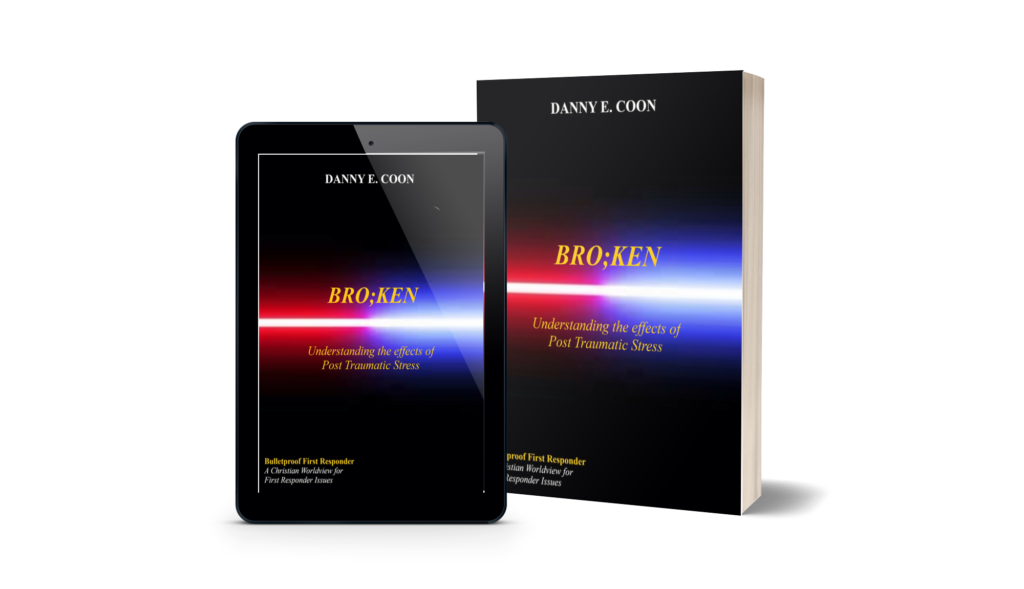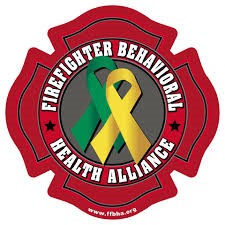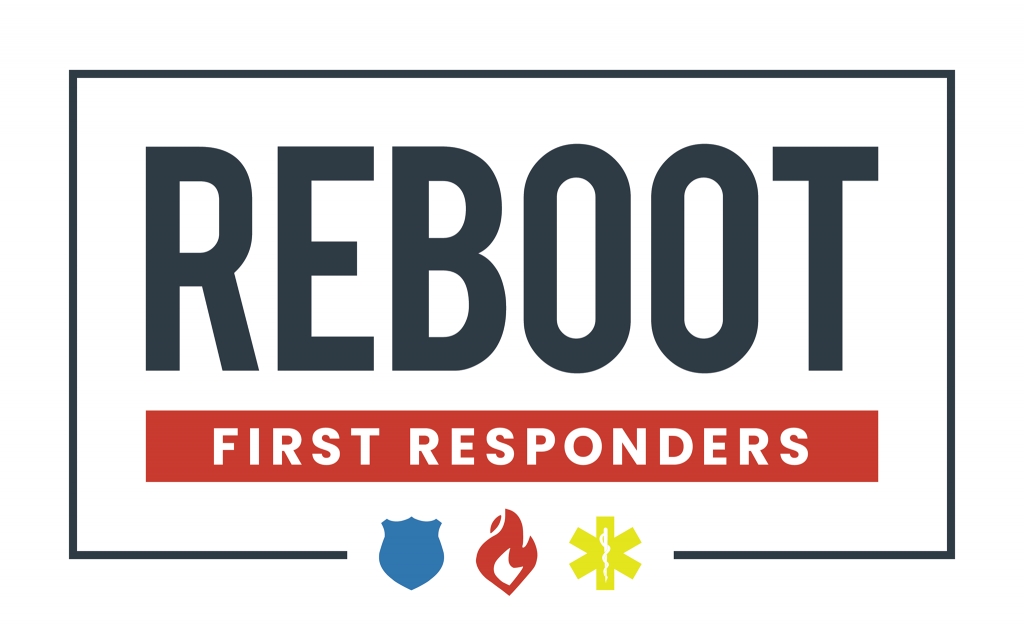
Why
“God is our refuge and strength, always ready to help in times of trouble.” Psalm 46:1
As we welcome the new year, it seems that 2025 is off to a challenging start. On January 1st, at approximately 3:15 AM in New Orleans, a radicalized Islamic terrorist drove a rented truck down Bourbon Street, directly into a crowd celebrating the New Year. This horrific act resulted in the deaths of 15 people and injuries to 57, including several with gunshot wounds. After crashing his truck, the suspect started shooting into the crowd before being neutralized by the rapid response of New Orleans Police Officers.
Later in the day, an Active-Duty United States Army Special Forces Sergeant died by suicide after detonating an explosive device inside a Tesla Cybertruck while parked in front of the Trump International Hotel in Las Vegas. Fortunately, there were no other injuries. Lastly, in the evening hours of January 1st, outside a nightclub in the Jamaica district of Queens, New York City, 10 people were injured after gunmen shot into a crowd of 30 during a memorial service.
In Los Angeles, the situation was equally alarming. In the early morning hours of January 1st, an 8-acre fire, referred to as the “Lachman Fire,” erupted in the Pacific Palisades area, which firefighters quickly extinguished. On January 7th, the “Palisades Fire” in the Pacific Palisades started. This fire started a devastating series of events for Southern California throughout the month. The region faced 15 major Santa Ana wind-driven fires, leading to more than 200,000 evacuations. At the end of January, the fires consumed over 57,000 acres, claimed 18 lives and destroyed over 18,000 homes and structures.
January brought us devastating winter storms. Weather moved eastward from the central United States, bringing heavy snow and freezing temperatures. Cold, frigid temperatures continued to devastate the Midwest throughout the month, culminating on January 21st with blizzards and record-breaking snowfall along the Southern United States and the Gulf Coast region, causing nine fatalities.
Two homeless people were killed, and two others were injured in a mass stabbing attack in Miami on January 16th, and on January 22nd, two students were killed and two wounded in a school shooting in Tennessee.
Sadly, on January 29th, a United States Army UH-60 Blackhawk helicopter on a training mission collided with a PSA Airlines commuter flight, Flight 5342, killing three on the helicopter and 64 on the regional carrier. At the time, Flight 5342 was on approach for landing at Reagan National Airport, Washington D.C. To end the month, on January 31st, six people were killed when a medical transport jet crashed after taking off from a north Philadelphia airport.
Finally, according to the data, the National Safety Council anticipated approximately 3,380 traffic fatalities for January 2025. It’s troubling that the Centers for Disease Control and Prevention reports that more than 120 lives are lost each day in motor vehicle crashes.
All of this death and destruction has a significant impact on our law enforcement officers, firefighters, medics, search and rescue volunteers, emergency response dispatchers, and emergency room attendants. Constant exposure to trauma leads to anxiety, social distancing, depression, burnout, Post-Traumatic Stress injury, and suicidal ideation.
To understand WHY these things are happening, we must look at our Creator and His word and realize they are part of His great design.
“There is a time for everything and a season for every activity under the heavens.” Ecclesiastes 3:1

Photo by Aaron Burden on Unsplashed
While we experience the typical earthly seasons of fall, winter, spring, and summer, God has also given us the seasons of happiness, sadness, loss, new beginnings, and growth. Many of us turn to Scripture, specifically Ecclesiastes 3:1-10, as it reminds us that life is cyclical, with distinct seasons of joy, sorrow, work, rest, and everything in between. It provides us with timeless wisdom that addresses our need for patience and discernment. It reminds us that everything has its rightful time under heaven.
These simple verses emphasize the importance of accepting and embracing each phase of life while trusting in God’s timing and sovereignty over all things. Ecclesiastes 3:1-10 teaches that “there is a time for everything under heaven.” It shows us that the various circumstances we encounter in life are not by accident but are orchestrated or allowed by God with great purpose and intentionality. The challenges we face in life are not in vain, and our circumstances will not last forever.
Ecclesiastes 3:1-10 explores the theme of meaning and purpose in life, emphasizing that life is composed of different phases, each characterized by appropriate activities and experiences. The verses present contrasting activities—such as birth and death, planting and uprooting, weeping and laughing—illustrating that life is filled with opposites. This cyclical nature suggests that experiences, both joyful and sorrowful, are essential to human existence.
These verses suggest a divine order or purpose in these seasons. Recognizing a time for everything implies that life follows a larger plan, offering comfort and meaning in times of uncertainty. The passage reflects on the limitations of human understanding and the inevitability of change. It emphasizes that although we strive to manage our circumstances, many aspects of life remain beyond human control.

Photo by Jasmin Ne on Unsplashed
Ecclesiastes 3:1-10 emphasizes the importance of acknowledging the significance of each moment, urging us to fully engage in our current situations, whether positive or negative. This involvement fosters a greater appreciation for life’s riches.
Finally, Ecclesiastes 3:1-10 addresses fundamental existential questions about the meaning of life. Its acknowledgment of joy and sorrow suggests that embracing these cycles fosters a deeper understanding of purpose. Offering a reflective viewpoint on existence, these verses suggest that the meaning of life stems from accepting its natural cycles and recognizing a higher purpose. This perspective invites us to reflect on our journeys and the broader human experience, fostering a sense of unity and understanding amidst life’s intricacies.
We must read more than 10 lines of scripture from this chapter to grasp all this. We must read the entire book of Ecclesiastes because it emphasizes that life without God is meaningless. No amount of doing or achievement will yield true satisfaction or peace when God is not the center of our lives. Vanity underscores this clearly: if we fail to recognize that God has created, provided for, and sustained all things, then life becomes vanity, and everything we achieve will either be forgotten or handed over to others when we die.
We must recognize that there is “a time for everything under heaven,” encouraging us to seek God’s timing in all aspects of life. Ecclesiastes 3:1-10 encourages us to be patient, discerning, and trust God’s perfect plan. Let us dedicate ourselves to these principles, welcoming every season with faith and hope. Remember: there is a time for everything, and trusting in that divine schedule will lead to a more fulfilling life.
“Take care of your body as if you were going to live forever,
and take care of your soul as if you were going to die tomorrow.”
Saint Augustine…
As First Responders, we have sworn to protect the good and fight against evil. However, many have lost sight of their priorities and placed their jobs above all else. If you are feeling a diminished sense of self-worth, depression, misplaced guilt, difficulty remembering or discussing trauma, emotional numbness, dissociation (being unaware of the present moment), disconnection from your daily life, hyper-arousal and constant vigilance for danger, irritability or unexplained anger, feelings of jitteriness, or trouble concentrating on tasks, as well as anxiety disorders like panic or intense distress, it’s essential to talk to someone and seek help. Always put God first, family second, and career last.
IF YOU HAVE THOUGHTS OF SUICIDE – GET HELP NOW
Law Enforcement – COPLINE (800)COPLINE (267-5463)
Firefighters / Medics – FIRE/EMS HELPLINE (800) 731-FIRE (3473)










